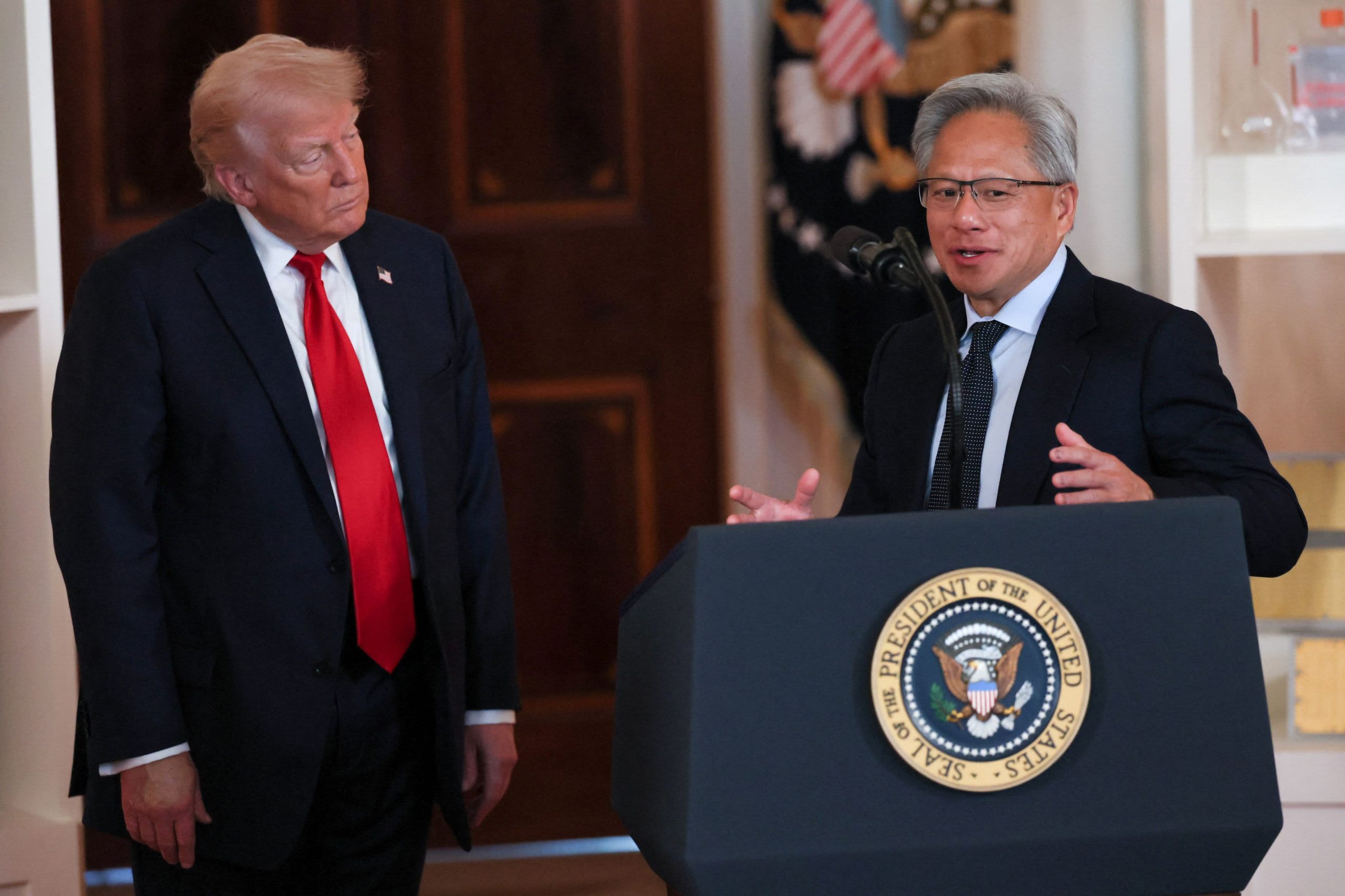The U.S. government is reportedly negotiating an unprecedented 10% stake in Intel to secure its position in the global semiconductor race.
In a move that could reshape the landscape of American semiconductor manufacturing, the Trump administration is reportedly negotiating to acquire a 10% equity stake in Intel Corporation. This unprecedented proposal, confirmed by the White House, aims to bolster national security and economic interests by converting existing government grants into Intel shares.
Strategic Objectives Behind the Stake
Commerce Secretary Howard Lutnick, leading the initiative, emphasized that the administration seeks to prioritize national security and economic interests by securing equity in critical industries. This approach contrasts with previous practices of providing grants without ownership interest, reflecting a more assertive stance in industrial policy.
The proposed stake is part of a broader strategy to enhance U.S. competitiveness in the semiconductor sector, especially in the burgeoning artificial intelligence (AI) chip market, where companies like Nvidia, Samsung, and Taiwan Semiconductor Manufacturing Company (TSMC) currently lead.
Intel's Position and Market Dynamics
Intel, once a dominant force in semiconductor manufacturing, has faced challenges in recent years, including an $18.8 billion loss in 2024 and increased competition from rivals. The company is undergoing a strategic transformation under CEO Lip-Bu Tan, who took over in March 2025. Despite these efforts, Intel has struggled to attract external clients for its contract chipmaking business, which has yet to gain significant traction according to Reuters.
The proposed government stake could provide Intel with the necessary resources to strengthen its manufacturing capabilities and regain its competitive edge in the global semiconductor market.

SoftBank’s Tokyo headquarters pictured with Intel branding — a visual nod to the Japanese giant’s $2 billion investment in the U.S. chipmaker.
Implications of Government Equity Stake
The potential acquisition of a 10% stake by the U.S. government raises questions about corporate governance and the implications of federal ownership in a private enterprise. While such a move is unconventional, it underscores the strategic importance of semiconductor production to national interests.
Experts note that partial state ownership could introduce complexities in decision-making processes and may deter other companies from participating in government grant programs due to perceived interference.
Recent Developments in Semiconductor Investments
In a related development, Japanese investment firm SoftBank announced plans to acquire a $2 billion stake in Intel. This investment signals confidence in Intel's potential for recovery and growth, particularly in the AI chip sector. Following the announcement, Intel's stock price experienced a nearly 7% increase, reflecting positive investor sentiment.
These developments occur amid heightened scrutiny of the U.S. chip industry by the White House. In a notable policy move, Nvidia and AMD agreed to remit 15% of their Chinese revenues to the U.S. government as part of an agreement to secure export licenses to China.
People Also Ask
What does the proposed 10% equity stake entail for the U.S. government?
The U.S. government would convert existing grants into Intel shares, acquiring a 10% ownership stake in the company.
How might this move affect Intel's operations?
The partnership could provide Intel with additional resources to enhance its manufacturing capabilities and competitiveness in the AI chip market.
What are the potential risks of government ownership in a private company?
Partial state ownership could lead to complexities in corporate governance and may influence decision-making processes within the company.
How does this development fit into broader U.S. industrial policy?
The initiative aligns with efforts to strengthen domestic manufacturing in critical sectors and reduce reliance on foreign suppliers.
Final Thoughts
The proposed acquisition of a 10% stake in Intel by the U.S. government represents a significant shift in industrial policy, emphasizing the strategic importance of semiconductor manufacturing to national interests. While the move is unconventional, it underscores a commitment to revitalizing domestic industries and ensuring technological self-reliance. As discussions continue, the outcome could have lasting implications for the semiconductor industry and U.S. economic policy.













